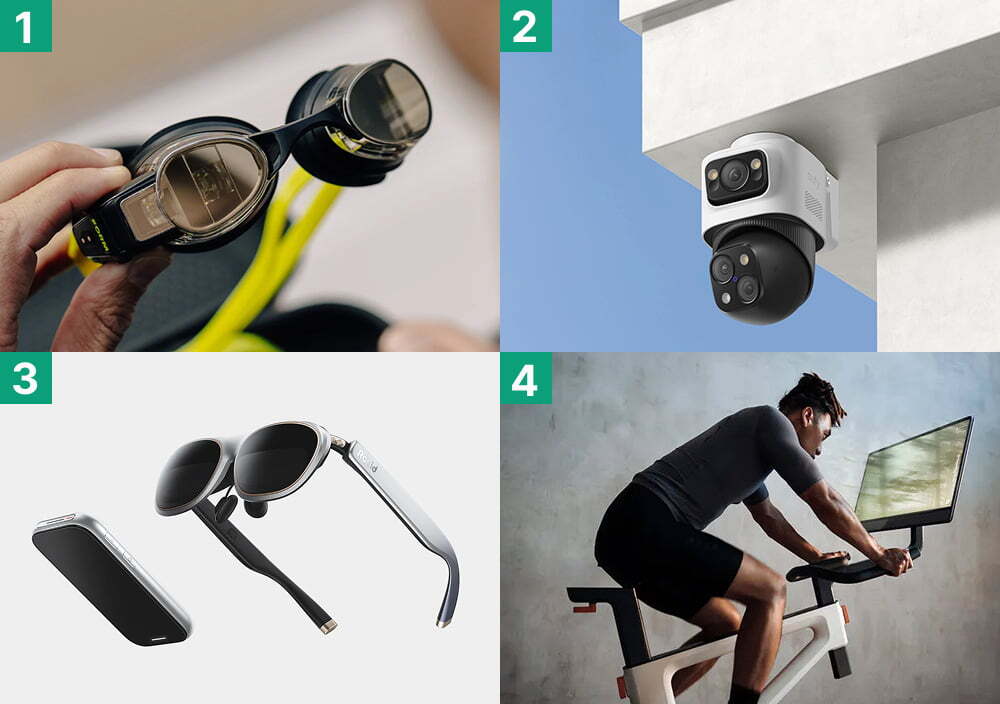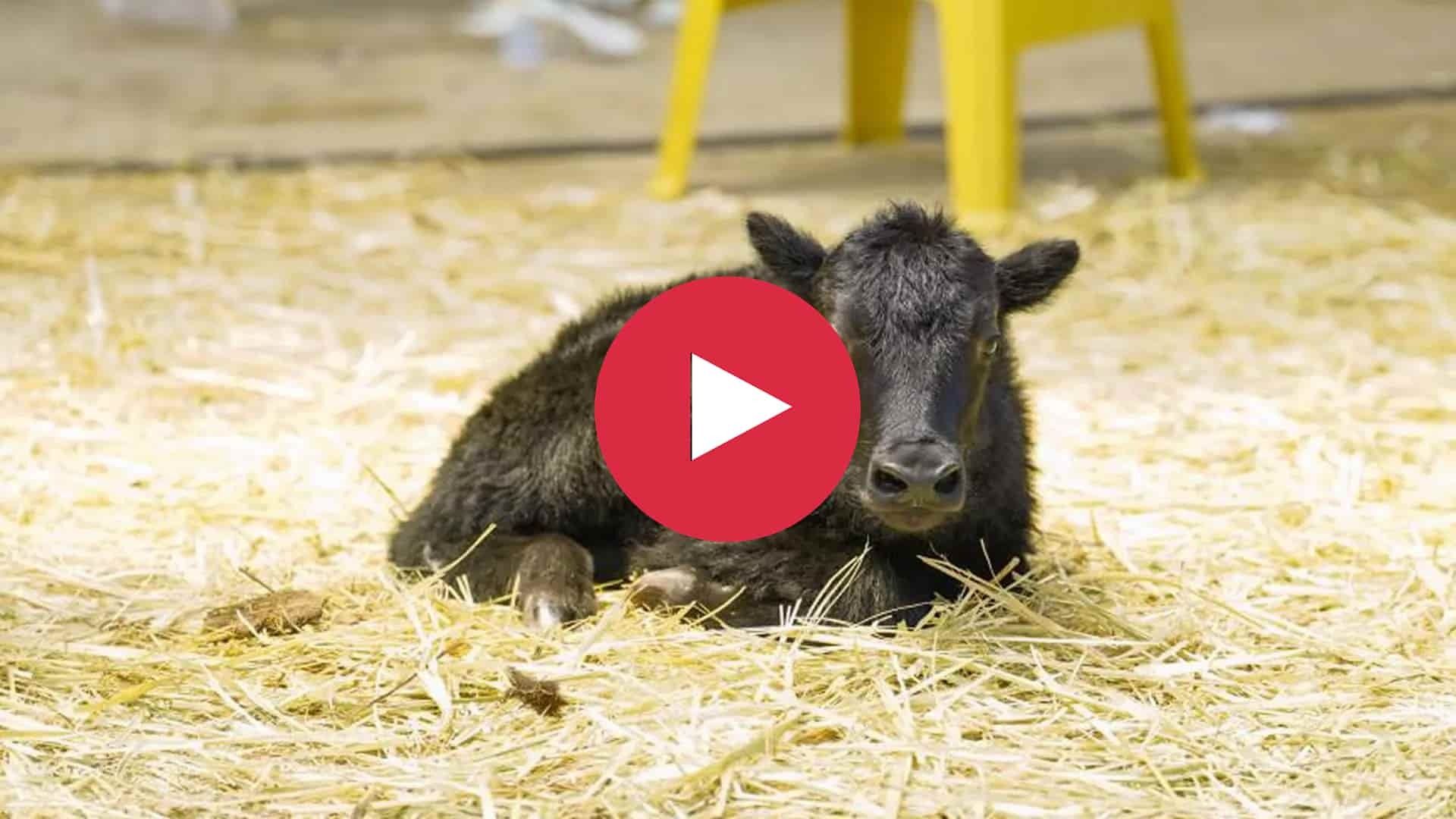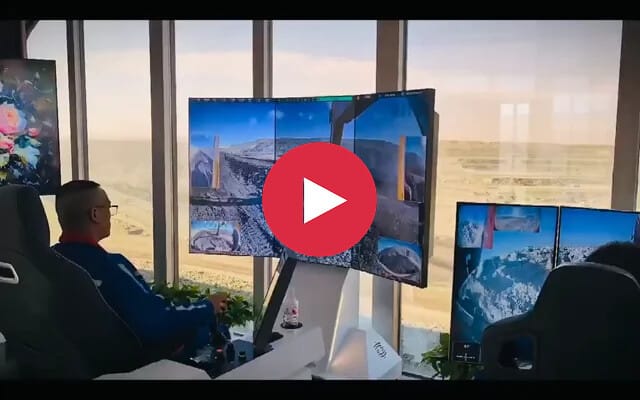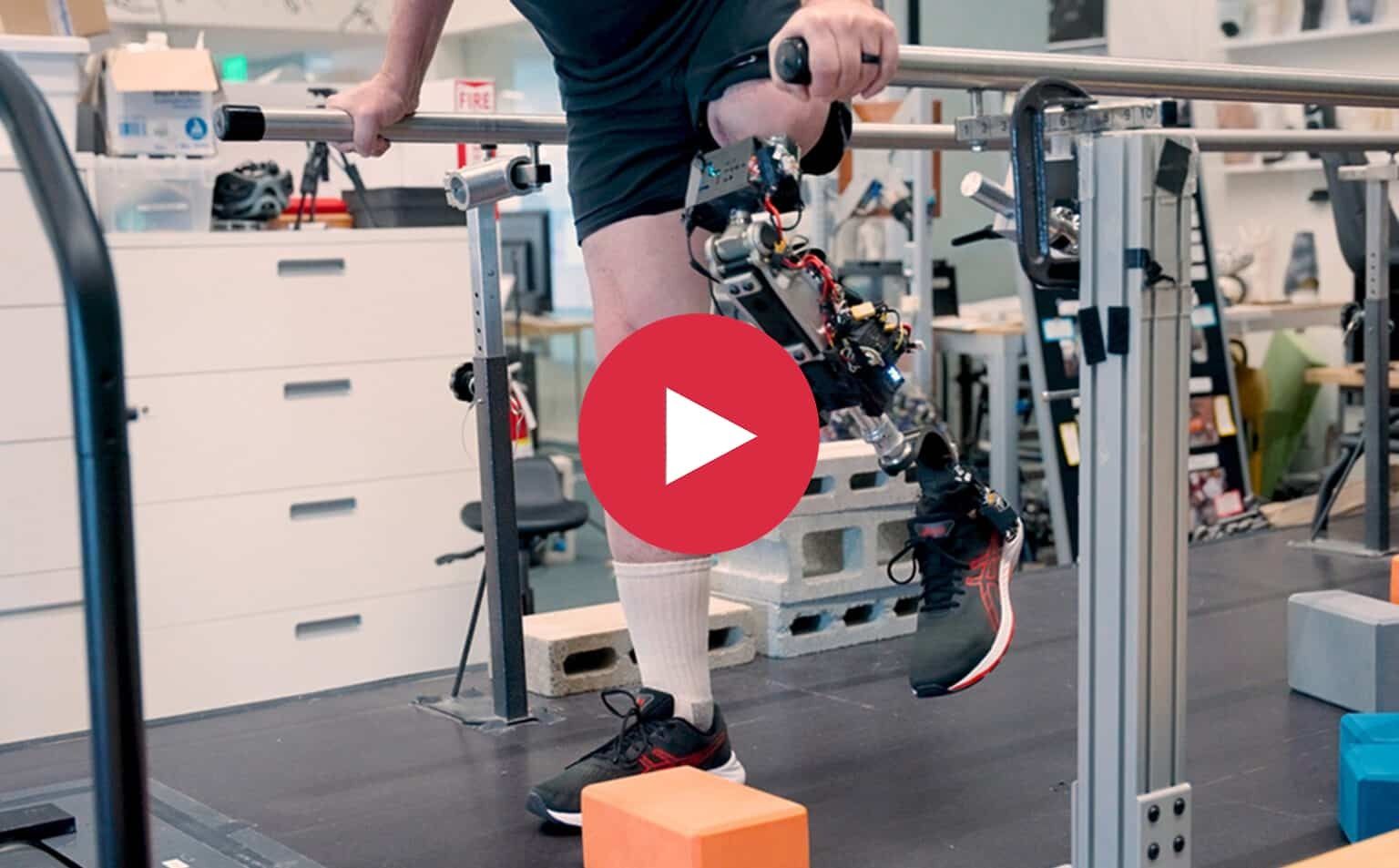- Superhuman AI
- Posts
- Sunday Special: Birth of a solar system
Sunday Special: Birth of a solar system

Welcome back, Superhuman. It’s been a big week for baby photos. Astronomers just caught the birth of a nearby solar system on camera for the first time, and it could give us a peek into how our own solar system got its start. Meanwhile, Chinese scientists just delivered the world’s first cloned yak in what’s being hailed as a major leap for high-altitude farming.
The Sunday Special is designed to help you discover the most interesting and important scientific and technological breakthroughs outside of AI. Our regular AI updates will resume as usual on Monday.
SCIENCE SUNDAY
The most interesting scientific discoveries and breakthroughs this week
1. Birth of a solar system is caught ‘on camera’ for the first time: Using some of the world's most powerful telescopes, astronomers have spotted early signs of planet formation around a sun very much like our own. They snapped tiny concentrations of minerals forming around the baby star HOPS-315, at about the same distance as our Solar System's asteroid belt. It’s a rare glimpse into how our own solar system might have looked around 4.5B years ago. Here are some of the historic photos.
2. Hair-thin chip can transfer over 100M books in less than 7 minutes: Canadian scientists claim they’ve created an optical chip that transmits data at an unprecedented 1,000 gigabits per second — enough to transfer 100M books in less than 7 minutes. The breakthrough uses tiny ring-shaped micro-resonators that toggle both the intensity and phase of light. With giants like NVIDIA already incorporating similar tech, this could potentially overhaul AI data centers that currently sprawl across kilometers.
3. Scientists crack the code on growing blood vessels in lab-made organs: Two research teams claim to have successfully used stem cells to form organ tissue and blood vessels. Stanford's recipe created heart organoids with nearly all-natural cell types, while UC researchers produced tiny lungs that developed breathing structures. The organoids could potentially advance how we study disease and test new drugs.
4. Chinese scientists have successfully delivered the world's first cloned yak: The 74-pound calf was born on July 11 via C-section in Tibet, and was created using the same somatic cell cloning method that gave us Dolly the sheep in the ‘90s. It’s a major breakthrough that could revolutionize high-altitude livestock breeding, potentially securing food sources and economic stability for regions where traditional agriculture can get pretty tough. Watch the tiny calf in action here.
PRESENTED BY VANTA
If you’re growing, security is no longer a checkbox—it’s critical to long-term success.
Compare your security against 11,000+ companies with Vanta’s Trust Maturity Report, so you can address security gaps and level up with confidence.
Aggregated data and insights from Vanta’s 11,000+ customers
Critical stats like: 71% of customers have attained SOC 2
Aligned to NIST CSF maturity tiers
Need to up your security ASAP? Vanta helps you automate 35+ security compliances fast and affordably.

Image Credits: Form, Eufy, Rokid, Saga
1. Smart Swim 2: One of the most advanced swim goggles yet. It auto-tracks your workout, offers real-time feedback on the go, and adjusts training based on your data, goals, and progress.
2. Eufy S4 Max: A home security system with a dual-lens AI camera. The system runs entirely offline, pinging you with smart alerts and 24/7 color video.
3. Rokid AR Spatial: Glasses that turn any space into a private 300-inch screen. They run on Android, support voice commands, and float up to 3 apps in view.
4. Saga HoloBike: A holographic training bike for immersive indoor rides. It packs a panoramic light-field display to simulate a 3D trail ride — no VR headset required.
What’s trending in tech on socials this week
👷 Don’t Sweat It: A video showing a team of construction workers in China operating heavy machinery from what looks like a luxury office is going viral on social media. With robotics on the upswing, it’s a glimpse into what the future of work could look like.
🌊 Salt Solution: Japanese scientists claim to have created a novel plastic that maintains normal stability during regular use but rapidly decomposes in saltwater, breaking down into harmless substances.
🏝️ Island Inception: In Canada, there’s an “island on a lake on an island on a lake on an island”. A video showing the unique geological phenomenon has blown up on Reddit.
🧠 Smart Kicks: A paper studying cognitive decline came to a surprising conclusion. It claims that having stronger legs is linked to better cognitive aging and brain health, even when controlling for genetic factors.
PRESENTED BY EMERGENT
Building a SaaS or a game has never been easier.
Emergent is the world's first agentic vibe coding platform. It designs your app, it writes your code, tests your security, and deploys it in 1 click.
It's like having a team of 100x engineers working 24x7 for you without the $200k bill.
ONLY GOOD NEWS
A healthy dose of optimism to kickstart your week
Taste Test: Scientists say they’ve developed an artificial tongue that can identify flavors with near-human accuracy, achieving 98.5% precision for learned tastes and up to 90% for new ones. The graphene-based device uses machine learning to recognize everything from basic tastes to complex combinations like coffee and cola. It’s a proof-of-concept that could one day help restore taste to those who've lost it due to stroke or disease, revolutionizing food safety testing and quality control across industries.
The Real Thing: MIT researchers claim to have built a bionic knee that plugs directly into the bones and nerves, making it feel like a natural part of the body rather than an external tool. In clinical trials, amputees not only walked faster and navigated obstacles more naturally, but said they actually felt ownership of the limb. It represents a fundamental shift in prosthetics — moving from external devices to extensions that become part of the self, potentially transforming the quality of life for millions of amputees worldwide.
Super Sniffers: A new study claims that specially-trained pups can sniff out Parkinson's with up to 98% accuracy, years before symptoms appear. These canines spot an odor linked to the disease from simple skin swabs, outperforming current medical tests. It’s a simple, non-invasive diagnostic method that helps us flag the disease early, paving the path for treatments to begin before there’s any significant brain damage. This could potentially slow down the progression of a disease that affects millions worldwide.
SUNDAY SCIENCE TRIVIA
Medusa’s Retreat

Image Credits: Tanzania Specialist
A lake in Tanzania turns animals into eerie statues, coating them in a chalky white crust and preserving them like mummies. This is due to extremely high alkalinity and salt content. What is the name of this petrifying body of water? |
Don’t Cheat: You can read more about the mysterious lake here.
Your opinion matters!
You’re the reason our team spends hundreds of hours every week researching and writing this email. Please let us know what you thought of today’s email to help us create better emails for you.
What did you think of today's email?Your feedback helps me create better emails for you! |
Until next time,
Zain and the Superhuman AI team





NEW TECH